Best Academic Research Tools for Researchers and Educators
Educators Technology
NOVEMBER 14, 2022
While my academic background is in the social sciences and more specifically educational studies, I believe that regardless of your discipline, social sciences or natural sciences, the research process, structurally speaking, is more or less the same.

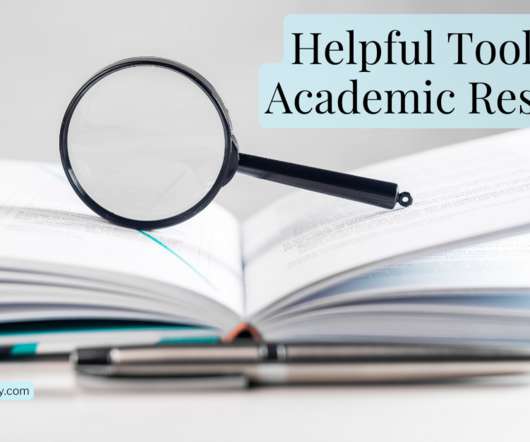
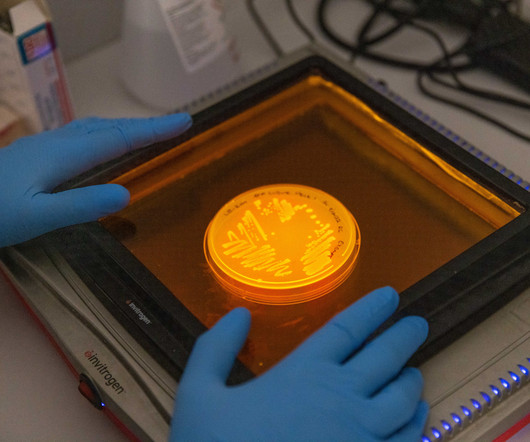
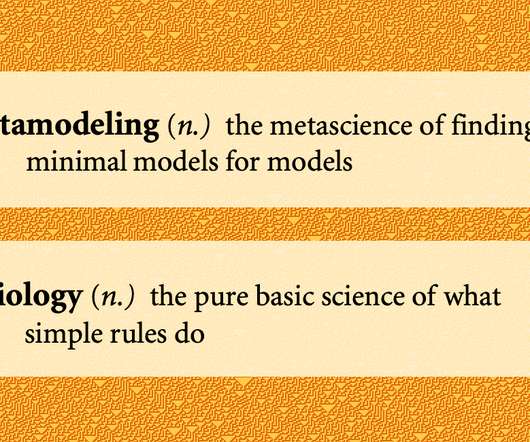
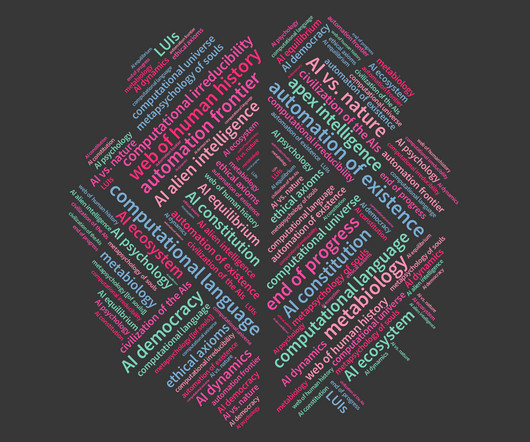


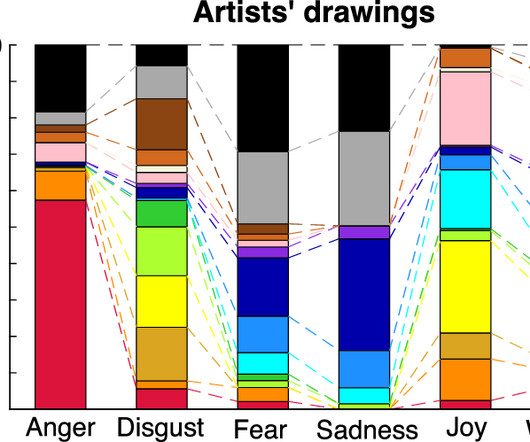







Let's personalize your content